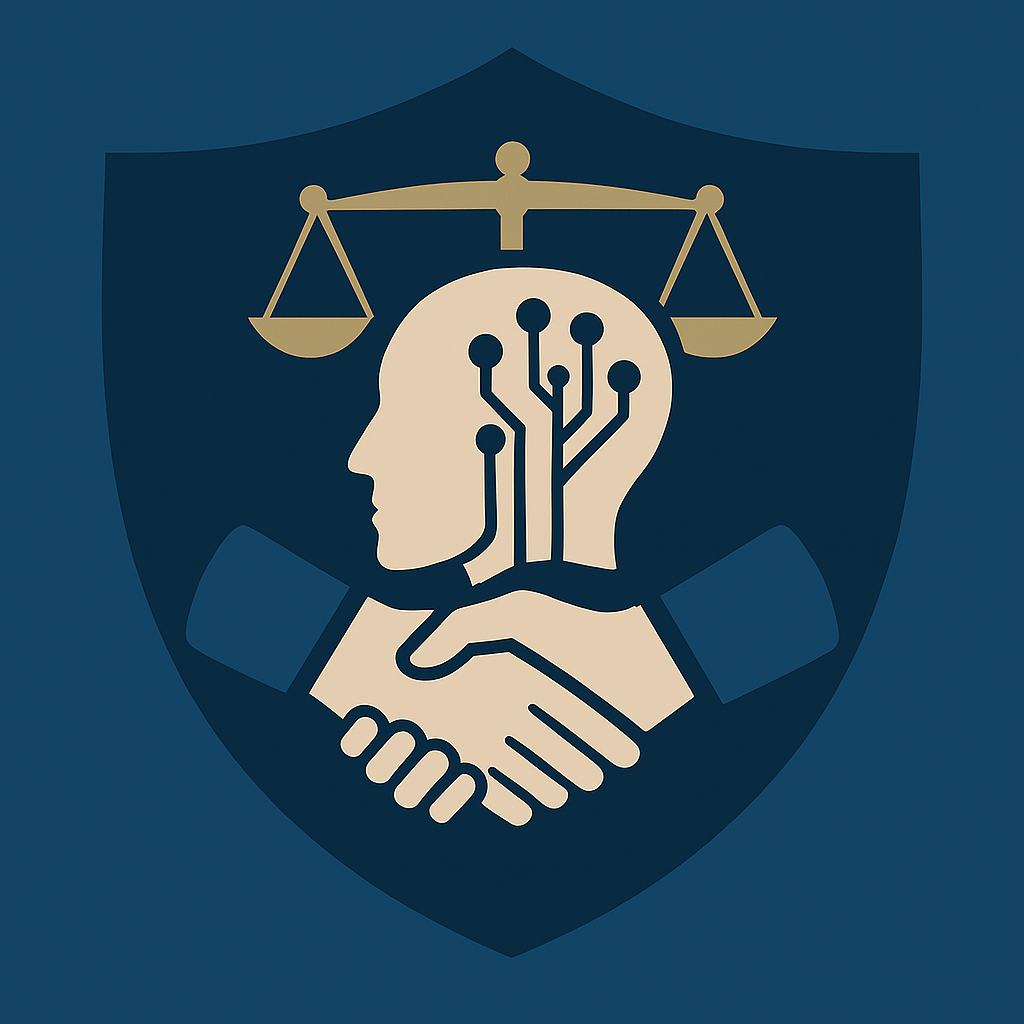


I am a Researcher at the German Research Center for Artificial Intelligence (DFKI) with a unique combination of technical expertise and governance knowledge that positions me as an ideal candidate for AI governance projects. My background spans both AI development and implementation, having worked extensively with deep learning, computer vision, and time series analysis, as well as AI governance and compliance frameworks. I am certified in ISO/IEC 42001 Implementation and have hands-on experience with the EU AI Act and NIST AI Risk Management Framework. My software engineering background, combined with my current role in developing tools for AI system trustworthiness evaluation, enables me to bridge the gap between technical implementation and regulatory compliance. I actively contribute to AI governance standards as an academic stakeholder in the GPAI Code of Practice drafting process and have completed specialized training in independent AI auditing. This comprehensive skill set allows me to effectively guide organizations in implementing robust AI management systems, conducting technical testing for compliance, and ensuring responsible AI development. Currently, I focus on developing practical solutions for AI system robustness, governance, risk management, and compliance, making me uniquely qualified to help organizations navigate the complex landscape of AI regulation while maintaining technical excellence.
The program combined theoretical foundations and practical skills across key areas of artificial intelligence and machine learning. Core topics included machine learning theory, deep learning, 2D and 3D computer vision, and image processing, equipping students to develop and analyze intelligent systems capable of interpreting complex data. Applied components such as social web mining, applied AI projects and seminars provided hands-on experience with real-world data and technologies. The curriculum also emphasized scientific communication and publication practices, preparing graduates for both academic and industry roles in AI research, and development.
Investigated the application of deep learning techniques to satellite imagery for automated land use and land cover (LULC) classification. The work involved designing and training convolutional neural networks (CNNs) to accurately distinguish between various terrain types, contributing to scalable and efficient geospatial analysis.
Certified to support the implementation of AI Management Systems (AIMS) in alignment with ISO/IEC 42001, the first international standard focused specifically on AI governance. This certification demonstrates capability in operationalizing responsible AI practices through structured management systems, risk controls, and compliance frameworks—foundational elements for effective AI governance.
ForHumanity
Certified in the foundational concepts of independent AI auditing, including assurance, audit methodology, regulatory compliance, and the roles of stakeholders in AI oversight. This training is a prerequisite for advanced auditor and expert credentials and marks a first step toward structured, external accountability in AI systems.
University of Helsinki
Completed a structured program focused on the ethical dimensions of AI, including principles such as fairness, accountability, transparency, and human rights. This course strengthens the ethical foundation necessary for evaluating and guiding AI systems within both regulatory and societal expectations.
University of Helsinki / Una Europa Alliance
Explored the broader societal implications of AI through interdisciplinary lenses, addressing its effects on democracy, justice, discrimination, and public institutions. The course provides critical context for understanding the policy and social dimensions of AI governance.
University of Helsinki / Una Europa Alliance, under AI in Society
This module explores strategies for identifying and mitigating bias in AI systems. It emphasizes that fairness is not solely a technical attribute but also depends on the organizational context in which AI is deployed. The course highlights the importance of understanding institutional practices and user interactions to prevent discriminatory outcomes, reinforcing the need for comprehensive governance frameworks in AI implementation.
University of Helsinki / Una Europa Alliance, under AI in Society
This module examines the integration of AI in justice systems, highlighting both its potential benefits and associated risks. While AI can enhance efficiency in legal processes, it also raises concerns regarding human rights, due process, and the rule of law. The course emphasizes the necessity for robust governance frameworks to ensure that AI applications in justice uphold democratic principles and ethical standards.
University of Helsinki / Una Europa Alliance, under AI in Society
Covered the impact of AI on fundamental rights and the manipulation of information. Highlighted risks such as surveillance, biased content curation, and threats to privacy and free expression—emphasizing the need for rights-based AI governance.